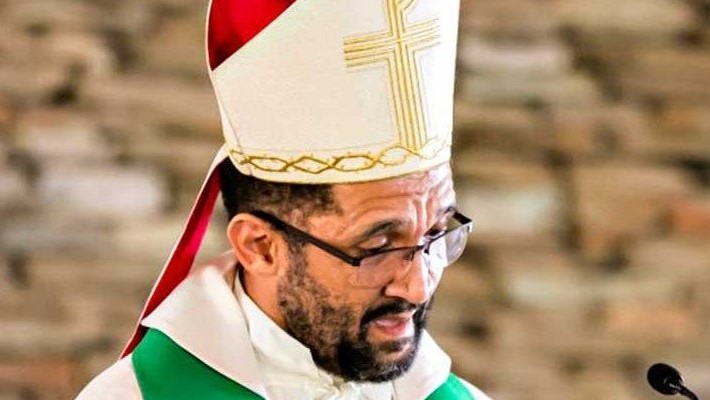By CISA
MTHATHA, SEPTEMBER 1, 2020(CISA) – “There is a growing worry that corruption is beginning to shape the soul of our nation to the point where corruption is becoming synonymous to South Africa so that if you want to say “corruption” the same meaning will be understood when you say “South Africa”, Bishop Sithembele Sipuka has said in an August 27 article.
“In view of this emerging culture and identity forced on us by those in the leadership and their cronies, let us as citizens refuse to let corruption culture characterize our country,” he urged.
According to the prelate, the month of August saw a surge of anger from South Africans about corruption around Covid-19 funds.
“There is a feeling that South Africa is going towards the direction of being known for corruption as a country. As Columbia is known for drugs, Mali for child soldiers, Nigeria for terrorist groups, Saudi Arabia for lack of women rights, lately Zimbabwe for human rights violations, and other countries known for bad things, South Africa is fast becoming known as a country where corruption is a way of life, much similar to what Kenya was once known for,” he bemoaned.
The President of the Southern African Catholic Bishops’ Conference (SACBC)noted that the call is not so much to invite the citizens to complain about corruption but for citizens to resist those who want the country to be defined by corruption a vice that is contrary to African and Christian values.
“Time for complaining about corruption has come to an end; something must be done even during this time of Covid-19, which places limitations of movement and activity. Without propagating for the transgression of Covid-19 safety measures let us begin to think creatively about actions that can be taken for we cannot wait until Covid-19 pandemic is over to act, time is now. Let us refuse to be defined by corruption as a country,” he said.
He noted that each person, especially in Church must avoid being corrupt so that they can speak authoritatively against it.
“As we get enraged with corruption, let us remember that the call against corruption starts with us. In our personal lives and in our work, we must not be liable of acts and dispositions that smack of corruption, otherwise we have no right to speak against it. This is true of us men and women of the cloth as well because accounts and incidents of corruption are not missing us,” he said.
